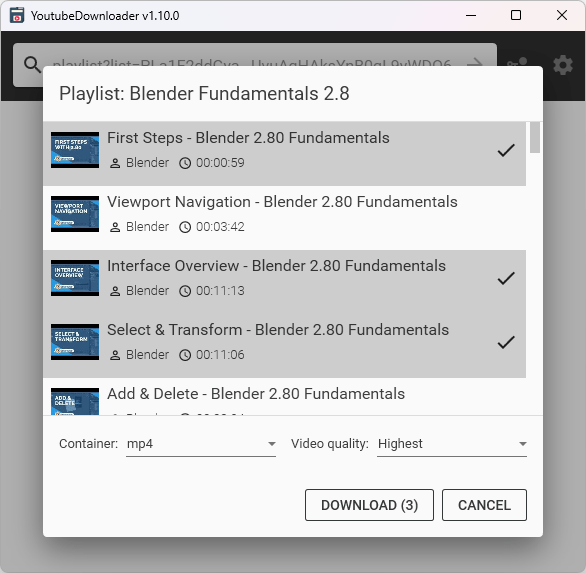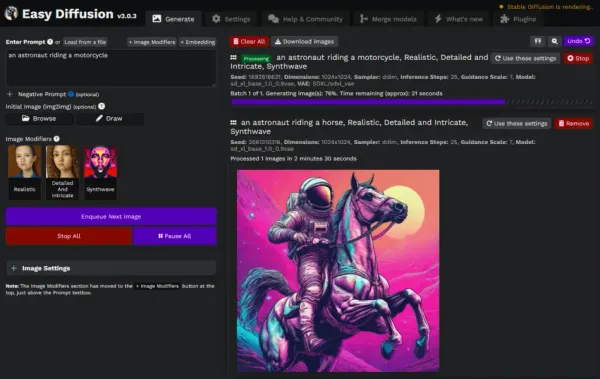10 Open-source MQTT Messaging Broker Solutions for IoT and Manufacturers
Table of Content
What is an MQTT Message Broker?
If you’ve ever worked on IoT projects or dabbled in real-time communication systems, chances are you’ve heard of MQTT. But what exactly is an MQTT message broker, and why should we care about it? Let’s break it down.
So, What's an MQTT Message Broker?
At its core, an MQTT message broker is like the post office for your devices. It sits in the middle of all the chatter happening between sensors, gadgets, apps, and servers. Instead of every device trying to talk directly to each other (which would be chaotic), they send their messages to this central hub—the broker—which then routes them to the right recipients.
Think of it as a pub/sub model: Devices "publish" data to topics, and other devices "subscribe" to those topics to receive updates. The broker handles everything behind the scenes, ensuring that the right info gets where it needs to go.
Use Cases for MQTT Brokers
MQTT brokers are super versatile, and here are some cool ways they’re used:
- Smart Home Systems: Ever wonder how your thermostat talks to your phone app? An MQTT broker makes sure temperature readings from the thermostat get delivered to your app in real time.
- Industrial IoT: Factories use MQTT brokers to monitor equipment health, track production lines, and send alerts when something goes wrong. This keeps things running smoothly without constant human intervention.
- Healthcare Devices: Wearables like fitness trackers or medical monitors rely on MQTT to transmit vital stats securely and efficiently to healthcare providers.
- Agriculture: Farmers can use MQTT to collect soil moisture levels, weather data, and crop conditions from remote sensors scattered across fields. No more walking miles just to check if the irrigation system is working!
- Automotive Industry: Connected cars use MQTT to share traffic updates, engine diagnostics, and even entertainment system controls with drivers.
Benefits of Using an MQTT Message Broker
Now, let’s talk about why MQTT brokers rock:
- Lightweight & Efficient: MQTT was designed specifically for low-bandwidth, high-latency networks—perfect for IoT devices that might not have much processing power or battery life.
- Scalability: Whether you're dealing with 10 devices or 10,000, an MQTT broker can handle the load gracefully. Need more capacity? Just scale up your broker setup.
- Reliability: With features like Quality of Service (QoS) levels, you can ensure critical messages always reach their destination, even if the network hiccups.
- Cross-Platform Compatibility: MQTT works seamlessly across different platforms, languages, and operating systems. So whether you're building a Python script or a C++ application, integrating with MQTT is straightforward.

Why Use Open-Source MQTT Brokers?
Here’s where things get really interesting. There are tons of open-source MQTT brokers out there, and they come packed with benefits:
- Cost-Effective: Who doesn’t love free? Open-source brokers save you money because you don’t need to pay licensing fees. Plus, most of them are highly customizable, so you can tweak them to fit your exact needs.
- Community Support: Being part of an active community means you’ll find tons of tutorials, plugins, and extensions to help you along the way. And if you run into issues, chances are someone else has already solved the same problem.
- Security: Many open-source brokers prioritize security by supporting SSL/TLS encryption, authentication mechanisms, and access control lists (ACLs). Your sensitive data stays safe while still being easy to manage.
- Flexibility: Unlike proprietary solutions, open-source brokers often allow you to extend functionality through plugins or custom code. Need something unique? Just build it yourself—or borrow from others who’ve done it before.
- Community Support: you do not need to know about that, you already know.

Industry Benefits of MQTT Brokers
In industries like manufacturing, agriculture, healthcare, and transportation, MQTT brokers play a crucial role in enabling smarter, faster decision-making. For example:
- In manufacturing, predictive maintenance powered by MQTT helps reduce downtime by alerting engineers to potential equipment failures before they happen.
- In agriculture, farmers can optimize water usage based on real-time soil moisture data transmitted via MQTT.
- In healthcare, doctors can remotely monitor patients’ vitals, improving patient outcomes without requiring frequent in-person visits.
By adopting MQTT brokers, businesses can streamline operations, cut costs, and improve efficiency—all while staying ahead of the competition.
Open-source MQTT Message Broker Solutions
1- Mosquitto:
Mosquitto is a free and open-source lightweight and reliable, great for small-scale IoT projects.
The MQTT protocol provides a lightweight method of carrying out messaging using a publish/subscribe model. This makes it suitable for Internet of Things messaging such as with low power sensors or mobile devices such as phones, embedded computers or microcontrollers.
2- EMQX Neuron

EMQX is a free and open-source highly scalable industrial-grade and enterprise-ready, perfect for large deployments.
It supports one-stop access to dozens of industrial protocols and converts them into MQTT protocol and realize the interconnection between IIoT platforms and various industrial devices.
You can easily install it using Docker by running the following command:
docker run -d --name neuron -p 7000:7000 -p 7001:7001 -p 9081:9081 --privileged=true --restart=always emqx/neuron:latestFeatures
- Real-Time Edge Processing : Low-latency for fast data handling.
- Modular & Extensible : Add pluggable modules for custom functionality.
- Hot Swappable Plugins : Update modules without restarting.
- Multi-Protocol Support : Works with Modbus, OPC UA, Ethernet/IP, IEC104, BACnet, and more.
- Mass Device Connectivity : Handles many devices with different protocols simultaneously.
- Rule Engine Integration : Use eKuiper for rule-based controls and AI/ML analytics.
- Industrial Data Access : Connects to MES, ERP, SCADA, historians via SparkplugB.
- Lightweight : <10MB memory usage; runs on ARM, x86, RISC-V.
- Flexible Deployment : Native or containerized options.
- API Control : Manage devices via HTTP & MQTT APIs.
- EMQ Ecosystem : Integrates with EMQX, NanoMQ, eKuiper.
- Open Source + Commercial : Core is LGPLv3; commercial modules need an EMQ license.
3- Nanomq
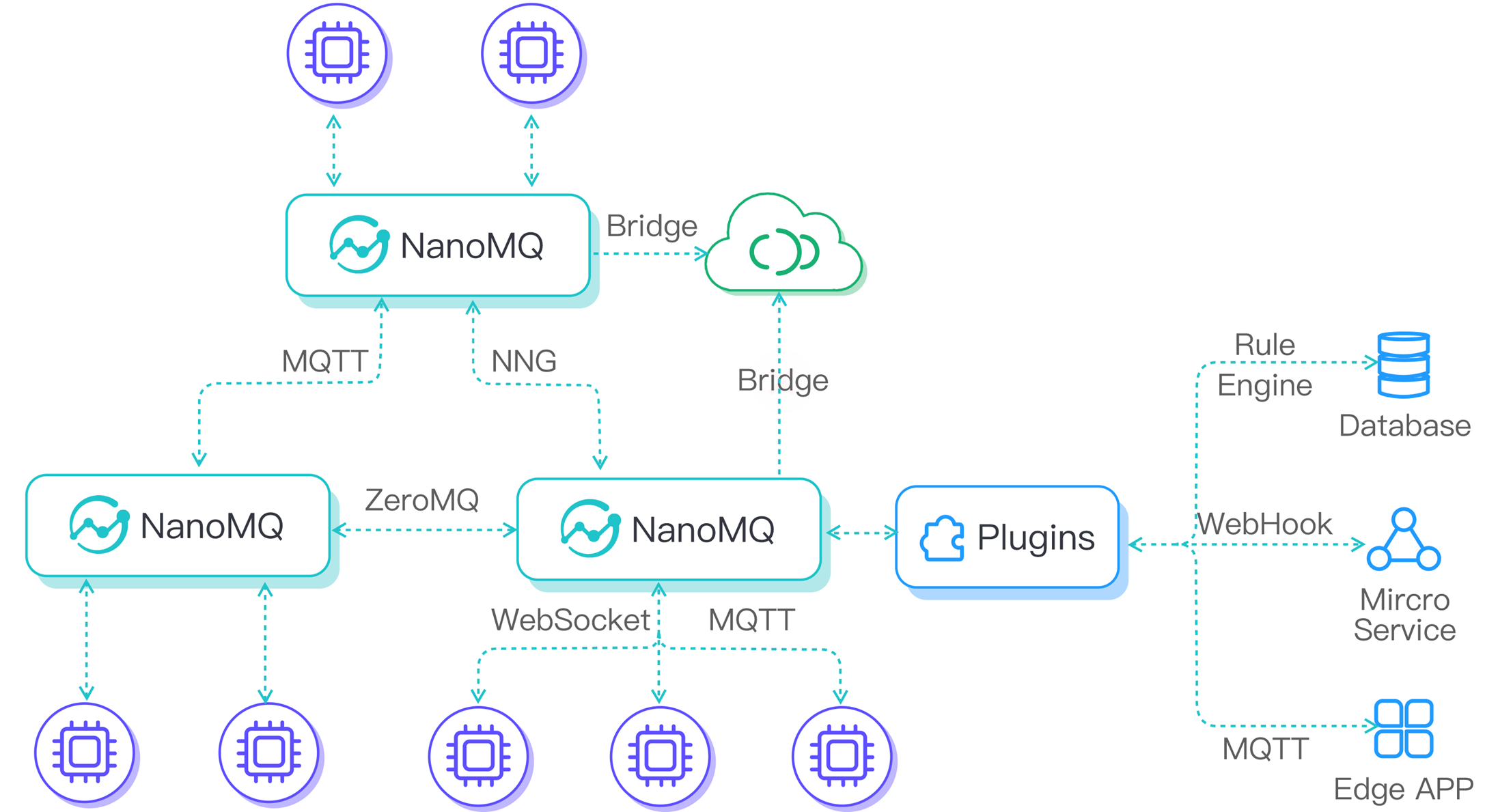
NanoMQ MQTT Broker (NanoMQ) is an all-around Edge Messaging Platform that includes a blazing-fast MQTT Broker for the IoT/IIoT and a lightweight Messaging Bus for SDV.
NanoMQ's embedded Actor architecture extends NNG's internal asynchronous I/O, plus an enhanced message passing and scheduling system to maximize the overall capacity. Fine-tuned towards the embedded environment and mission-critical scenarios.
NanoMQ fully supports MQTT V3.1.1/3.1 and MQTT V5.0.
Features
- Cost-effective on an embedded platform;
- Fully based on native POSIX. High Compatibility;
- Pure C implementation. High portability;
- Fully asynchronous I/O and multi-threading;
- Good support for SMP;
- Low latency & High handling capacity;
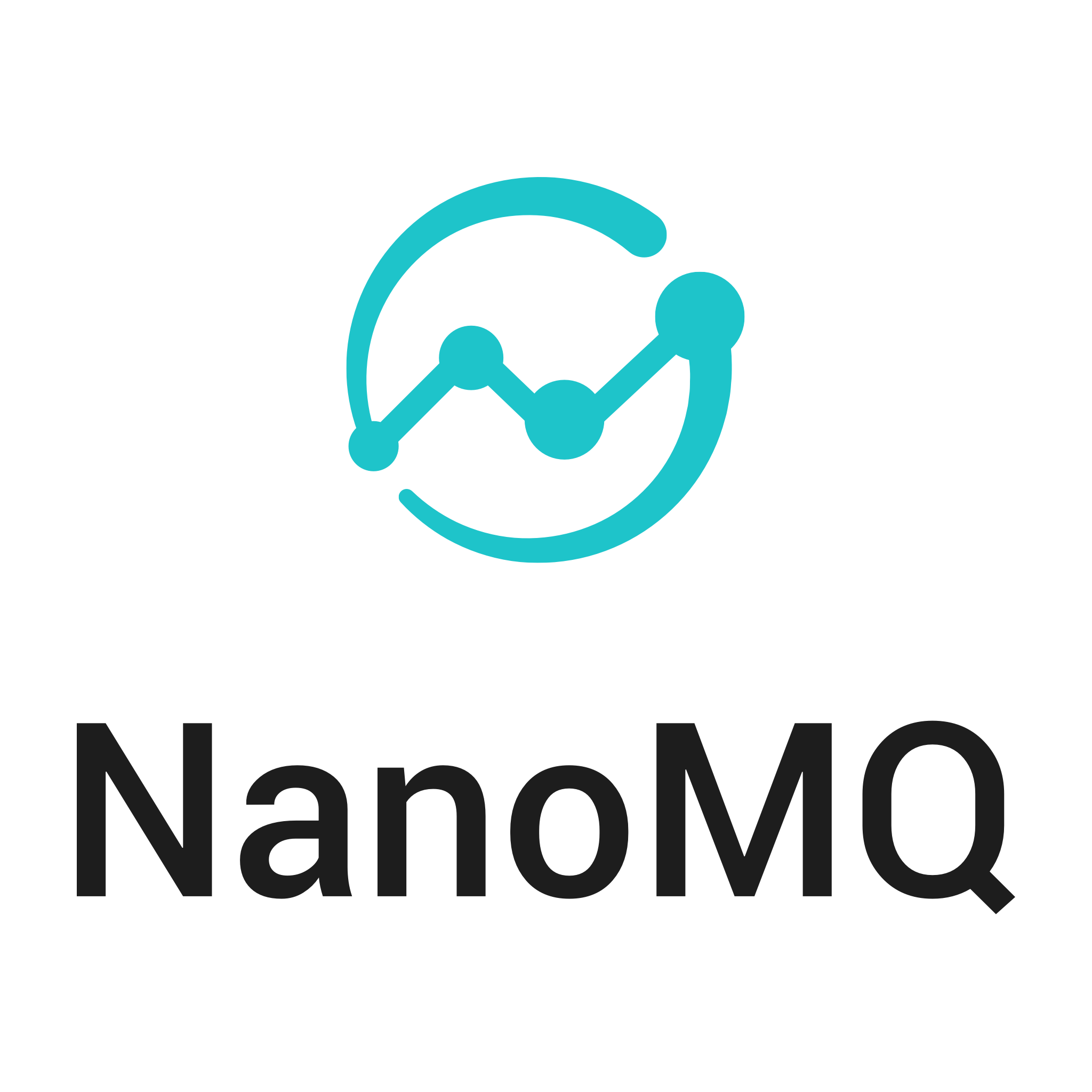
4- VerneMQ: A Distributed MQTT Broker
VerneMQ is a high-performance, distributed MQTT message broker. It scales horizontally and vertically on commodity hardware to support a high number of concurrent publishers and consumers while maintaining low latency and fault tolerance. VerneMQ is the reliable message hub for your IoT platform or smart products.
VerneMQ is an Apache2 licensed distributed MQTT broker, developed in Erlang.
MQTT used to stand for MQ Telemetry Transport, but it no longer is an acronym. It is an extremely simple and lightweight publish/subscribe messaging protocol, that was invented at IBM and Arcom (now Eurotech) to connect restricted devices in low bandwidth, high-latency or unreliable networks.
Features
- QoS 0, QoS 1, QoS 2
- Basic Authentication and Authorization
- Bridge Support
- $SYS Tree for monitoring and reporting
- TLS (SSL) Encryption
- Websockets Support
- Cluster Support
- Logging (Console, Files, Syslog)
- Reporting to Graphite
- Extensible Plugin architecture
- Multiple Sessions per ClientId
- Session Balancing
- Shared subscriptions
- Message load regulation
- Message load shedding (for system protection)
- Offline Message Storage (based on LevelDB)
- Queue can handle messages FIFO or LIFO style.
- MongoDB auth & integration
- Redis auth & integration
- MySQL auth & integration
- PostgreSQL auth & integration
- CockroachDB auth & integration
- Memcached integration
- HTTP Webhooks
- PROXY Protocol v2
- Administration HTTP API
- Real-time MQTT session tracing
- Full multitenancy
- Cluster status web page

5- RMQTT broker
RMQTT broker is a fully open source, highly scalable, highly available distributed MQTT messaging broker for IoT, M2M and mobile applications that can handle millions of concurrent clients on a single service node.
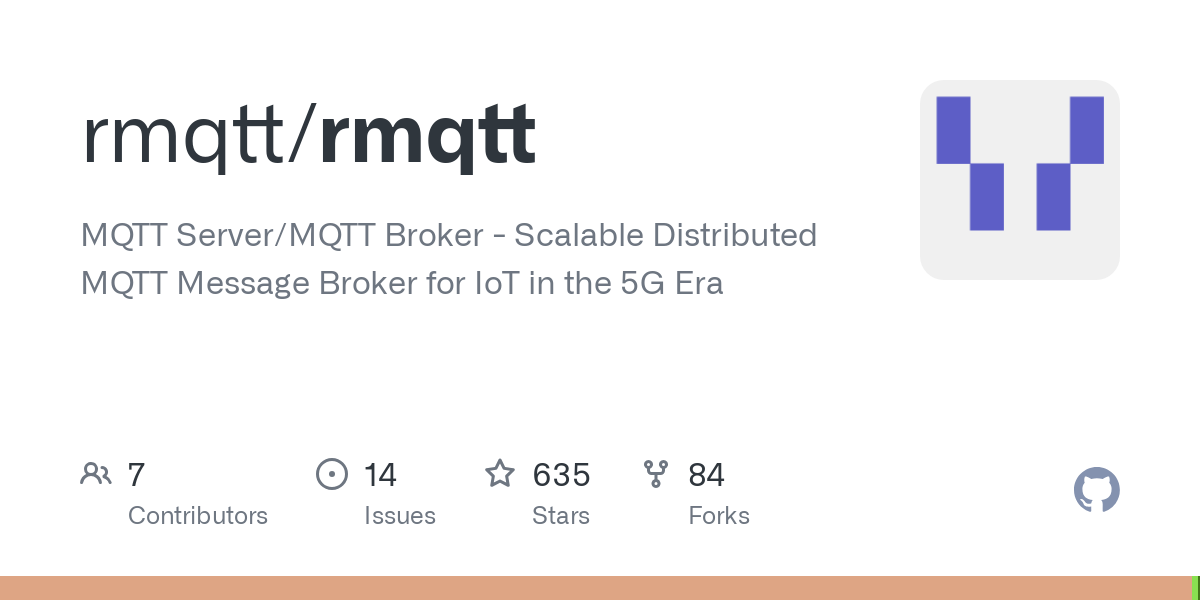
6- RSMB: Really Small Message Broker
RSMB, the Really Small Message Broker , is a lightweight server for MQTT and MQTT-SN protocols. Born in 2008 as IBM's minimalist MQTT solution, it paved the way for Mosquitto. While Mosquitto became open-source fame, RSMB uniquely supports MQTT-SN, ideal for constrained IoT devices.
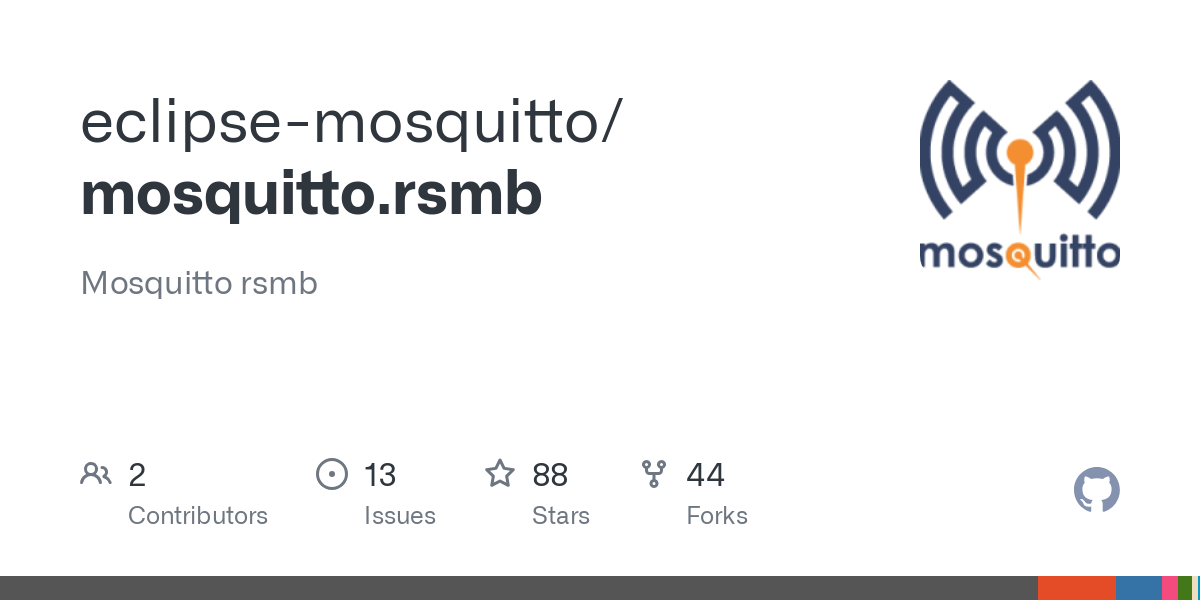
7- MessageBroker
MessageBroker provides framework agnostic, decoupled communication between publishers and subscribers. This library is fully type safe and works in both browsers and Node.js. MessageBroker is built ontop of RxJS providing access to observables and a comprehensive list of operators.
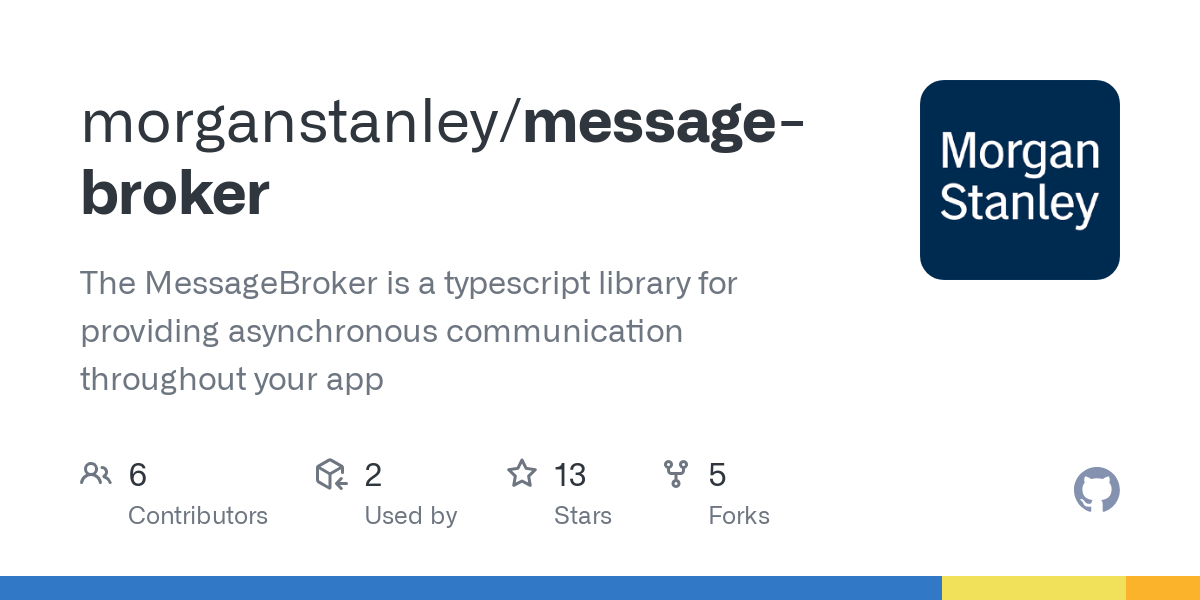
8- Mochi MQTT Server
Mochi MQTT is an embeddable fully compliant MQTT v5 broker server written in Go, designed for the development of telemetry and internet-of-things projects.
The server can be used either as a standalone binary or embedded as a library in your own applications, and has been designed to be as lightweight and fast as possible, with great care taken to ensure the quality and maintainability of the project.
Mochi-MQTT Features
- Full MQTTv5 Feature Compliance, compatibility for MQTT v3.1.1 and v3.0.0:
- User and MQTTv5 Packet Properties
- Topic Aliases
- Shared Subscriptions
- Subscription Options and Subscription Identifiers
- Message Expiry
- Client Session Expiry
- Send and Receive QoS Flow Control Quotas
- Server-side Disconnect and Auth Packets
- Will Delay Intervals
- Plus all the original MQTT features of Mochi MQTT v1, such as Full QoS(0,1,2), $SYS topics, retained messages, etc.
- Developer-centric:
- Most core broker code is now exported and accessible, for total developer control.
- Full-featured and flexible Hook-based interfacing system to provide easy 'plugin' development.
- Direct Packet Injection using special inline client, or masquerade as existing clients.
- Performant and Stable:
- Our classic trie-based Topic-Subscription model.
- Client-specific write buffers to avoid issues with slow-reading or irregular client behaviour.
- Passes all Paho Interoperability Tests for MQTT v5 and MQTT v3.
- Over a thousand carefully considered unit test scenarios.
- TCP, Websocket (including SSL/TLS), and $SYS Dashboard listeners.
- Built-in Redis, Badger, Pebble and Bolt Persistence using Hooks (but you can also make your own).
- Built-in Rule-based Authentication and ACL Ledger using Hooks (also make your own).

9- Message Broker
Message broker implementation in .NET that support pub-sub pattern
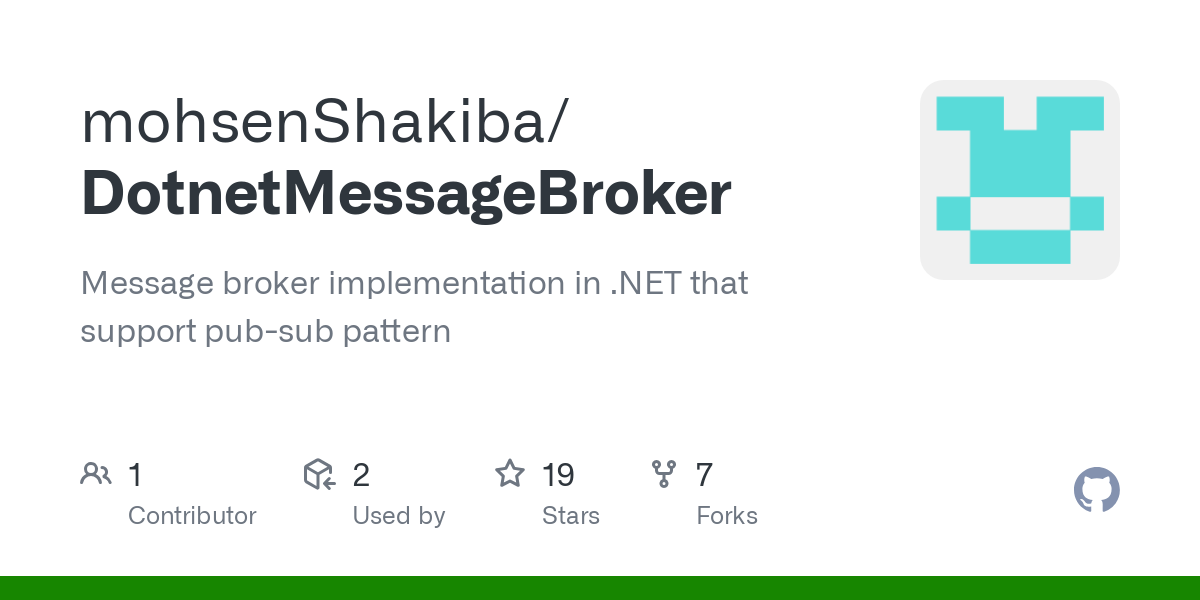
10- Malamute
The ZeroMQ Enterprise Messaging Broker.
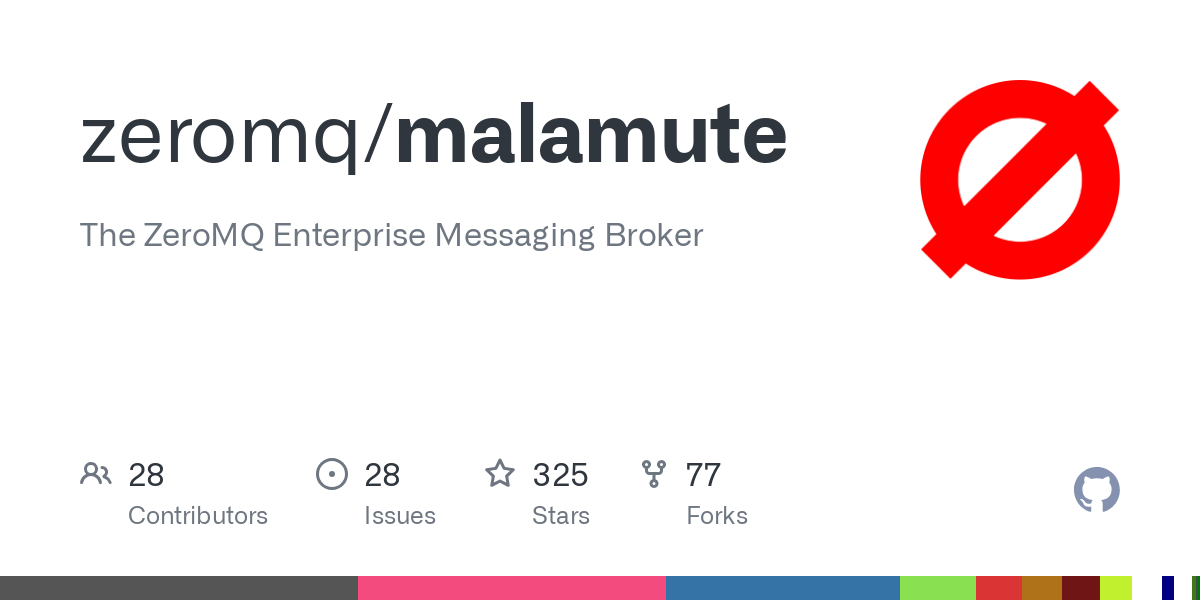
10 Open-source and Free Manufacturing ERP and Manufacturing Management Solutions













